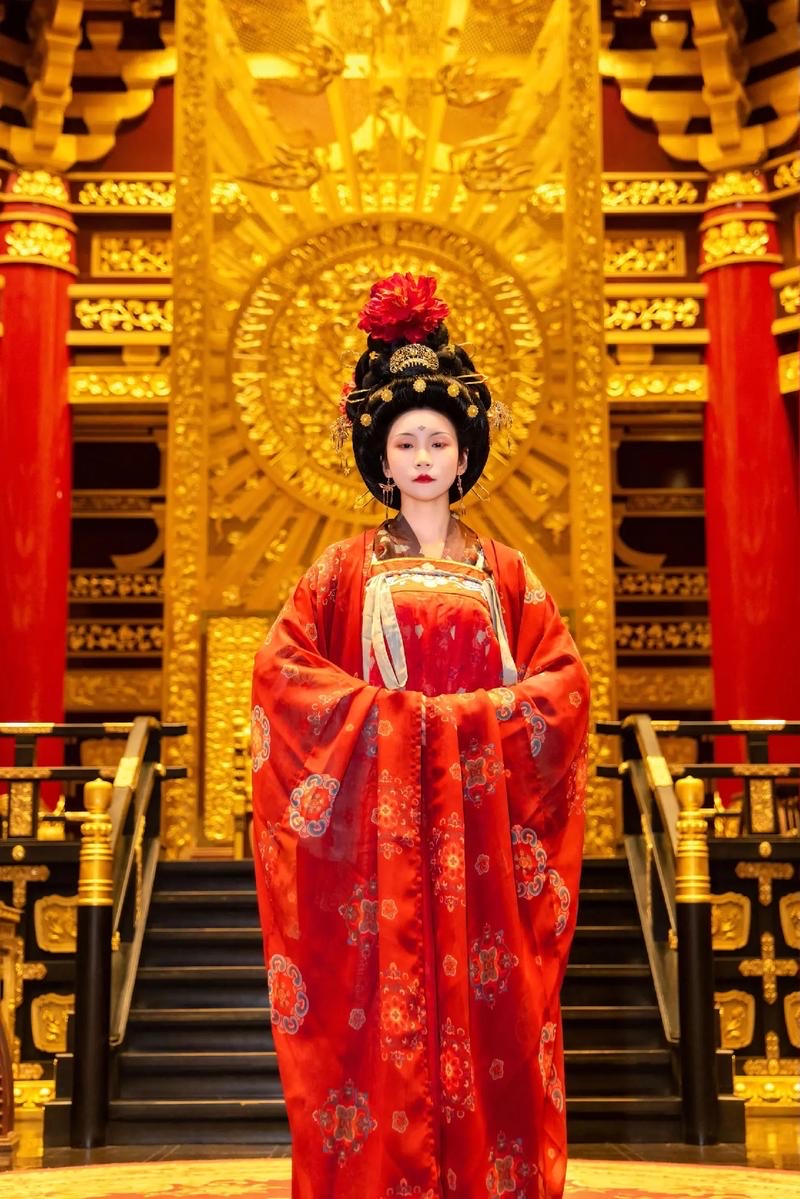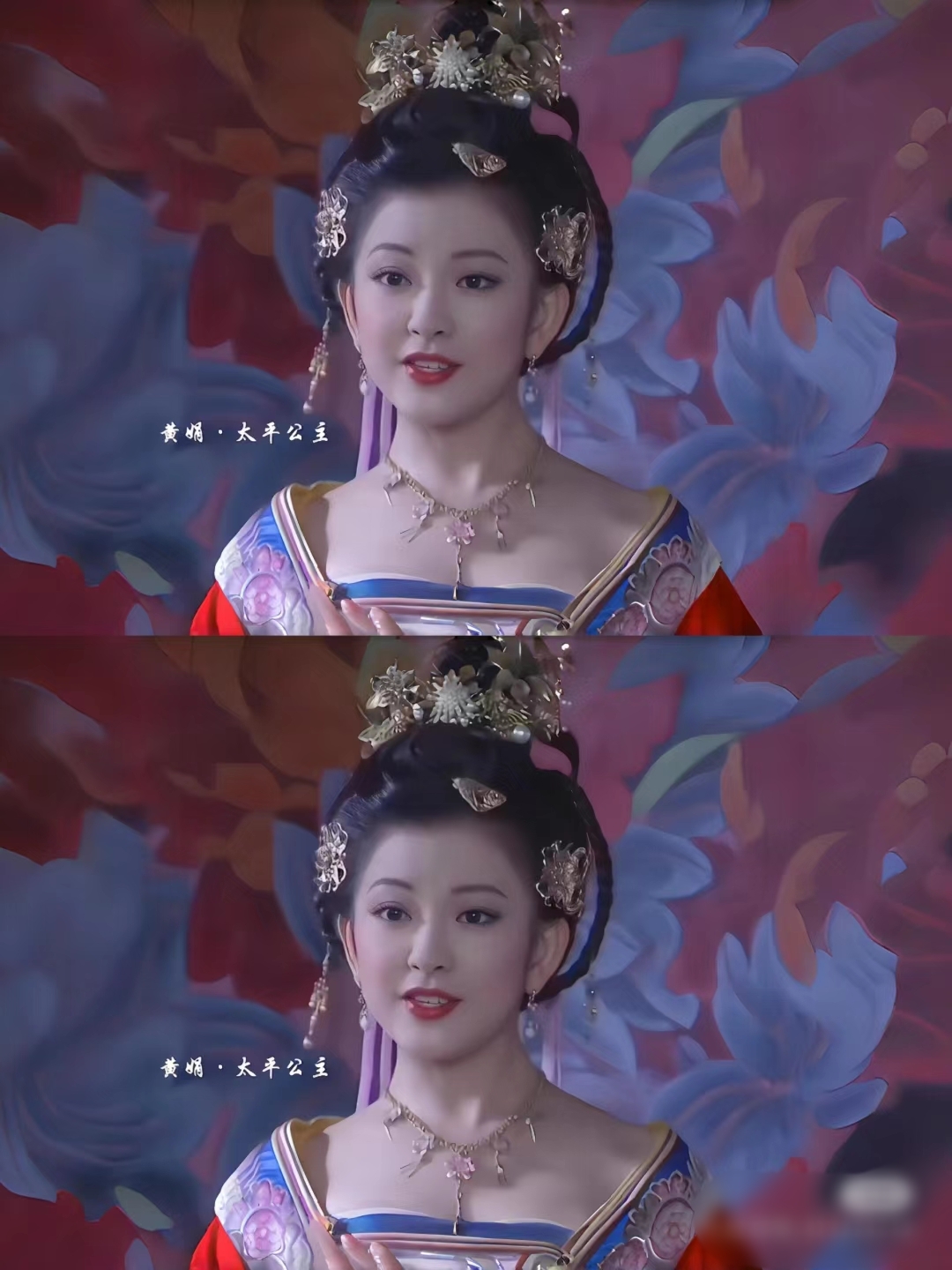During the Kaiyuan period, the Tang Dynasty gradually reached its peak under the governance of Emperor Xuanzong. Starting from the later years of Emperor Gaozong, the national strength of the Tang Dynasty gradually declined. Empress Wu, in order to compete for power and profit, ruthlessly slaughtered her courtiers and royal families. This extreme practice made the court lifeless. Interested readers and history encyclopedia editors, let’s take a look together!

After ascending to the throne, Emperor Xuanzong indulged in lavish meals and created an unprecedented era of prosperity. Unfortunately, Li Longji grew old and confused, pushing the empire into the abyss. During the mid to late Tang Dynasty, due to various reasons, there were frequent uprisings in various fiefdoms. In this situation, the influence of the court has been declining year after year. No matter what period, China does not lack loyal ministers who plead for the people.
The most famous loyal and upright official of the late Tang Dynasty was undoubtedly Han Yu, who had been renowned for his outstanding poetry and writings for thousands of years. What few people know is that Han Yu is not only a literary figure, but also a remonstrant who is willing to provoke the heavens.
Han Yu was born in the third year of the Dali era and was the youngest son of Secretary General Han Zhongqing. When Han Yu was born, both of his brothers were already married. When Han Yu was three years old, Han Zhongqing and his wife passed away one after another, and the ignorant Han Yu was taken by his brother Han Hui to personally raise him.

The years of living with his older brother were the happiest time of Han Yu’s life. Han Hui is a middle-level official in the court, and the Han family’s life is also worry free. With the support of his elder brother, Han Yu began to study in a private school. In the twelfth year of the Dali reign, Han Hui was demoted to the position of governor of Shaozhou, far away from the central government. This huge gap made Han Hui very negative, and he died of depression shortly after arriving in Shaozhou.
At the age of nine, Han Yu became the oldest man in the Han family. With the help of relatives and friends, Han Yu and his sister-in-law transported Han Hui’s coffin back to their hometown in Heyang.
Although the ancestral tomb of the Han family is located in Heyang, the members of the Han family do not usually live in Heyang. After burying his elder brother, Han Yu followed his sister-in-law to Jiangnan. The literary style in the Jiangnan region is flourishing, and Han Yu made many friends in Jiangnan. After the successive deaths of his parents and brother, the living standards of Han Yu’s family have significantly decreased.
Despite this, Han Yu still persisted in his studies. Starting from the third year of the Zhenyuan era, Han Yu took the imperial examination three times and failed three times. In the eighth year of the Zhenyuan reign, Han Yu finally passed the imperial examination. After Han Yu became a jinshi, his career was not smooth either.
Han Yu lived an open and honest life, never yielding even in the face of repeated setbacks. Han Yu once petitioned the emperor not to welcome Buddha bones, which was the most dangerous moment of his life. In the 14th year of the Yuanhe reign, Emperor Xianzong of Tang publicly issued an edict, ordering courtiers to welcome Buddha bones with extremely high etiquette.
At that time, the Tang Dynasty was no longer the central empire that subjugated all directions. At that time, Buddhist monks not only did not engage in production but also did not pay taxes, which seriously affected the government’s fiscal revenue.
The emperor may be a devout Buddhist, but he must never encourage the people to believe in Buddhism. For the long-term stability of the country, Han Yu bravely stood up. The “Memorial to the Buddha’s Bone” is Han Yu’s most outstanding work. When this memorial was sent to the palace, Han Yu calmly asked his family to prepare for his funeral.
As expected by Han Yu, Tang Xianzong was very angry after seeing the memorial, and a storm was brewing in the palace. Fortunately, the emperor still had a shred of rationality and did not execute Han Yu. Han Yu was exiled to Lingnan and became the governor of Chaozhou. Not long after, Han Yu was transferred to serve in Yuanzhou due to a general amnesty.
Throughout history, how many ministers have been willing to risk their lives for the people like Han Yu?




